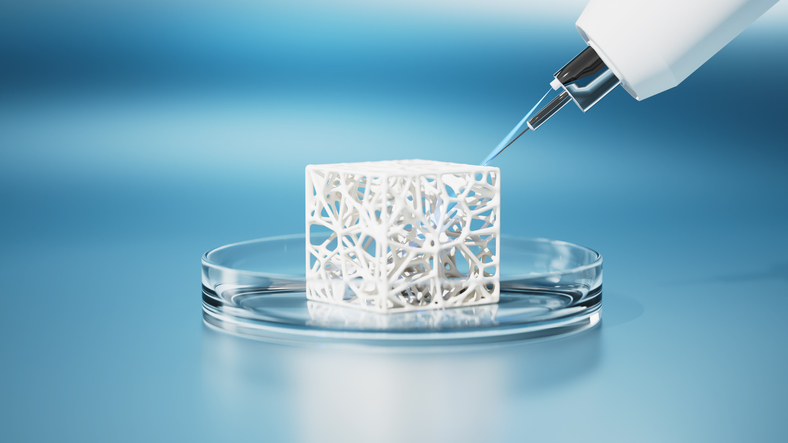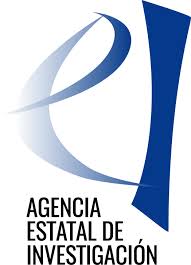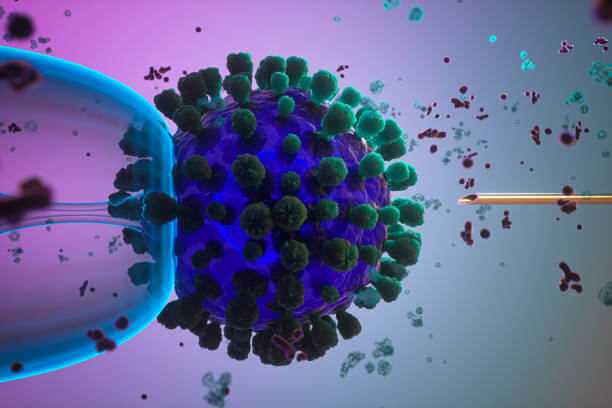BIO – GRASP: Personalized bioinspired bone graft to improve healing in children with cleft palate

Lead researcher
Research group

Funds Source:
Government of Spain
Period:
01/09/2025 to 01/09/2028
Project typology:
Coordinated Project
Project status:
ACTIVE
Funding Entity:

Agencia Estatal de Investigación (AEI)
Funding:
137.500 €
The BIO-GRASP project is based on the hypothesis that the biomechanical behavior of alveolar grafts plays a critical role in successful bone regeneration for cleft lip and palate (CLP) patients. Its main objective is to create a bioinspired, biomechanically active alveolar graft that promotes osteointegration while eliminating the need for autologous tissue harvesting from the iliac crest. The proposed graft combines 3D-printed geometry with a shape-memory polymer coating that mimics the natural adaptive expansion and mechanical signaling observed in bone healing, providing controlled stimulation to enhance bone formation and integration.
The project is justified by the lack of solutions addressing the biomechanical complexity of CLP. Current clinical analyses show that stress distribution within alveolar grafts varies with geometry, implantation technique, and adaptation to the cleft interface. Since mechanical stress is known to regulate the balance between bone formation and resorption, BIO-GRASP proposes to systematically exploit this principle. By modeling stress distribution from patient imaging data and incorporating dynamic polymeric coatings tailored through plasma polymerization, the project aims to precisely control graft adaptation and optimize regenerative outcomes in complex cleft scenarios.
Ultimately, BIO-GRASP seeks to unravel the mechanisms by which biomechanics influence osteointegration, leading to the first alveolar graft with personalized biomechanical signaling . This innovation could transform CLP treatment by improving graft integration, avoiding additional surgical morbidity, and enhancing quality of life for pediatric patients. Beyond CLP, the project’s findings could also provide a foundation for biomechanically optimized grafts applicable to other complex bone defects, advancing the field of regenerative medicine. The project is funded by the AEI 2024 Call – “Proyectos de Generación de Conocimiento, ref PID2024-160375OB-I00″










